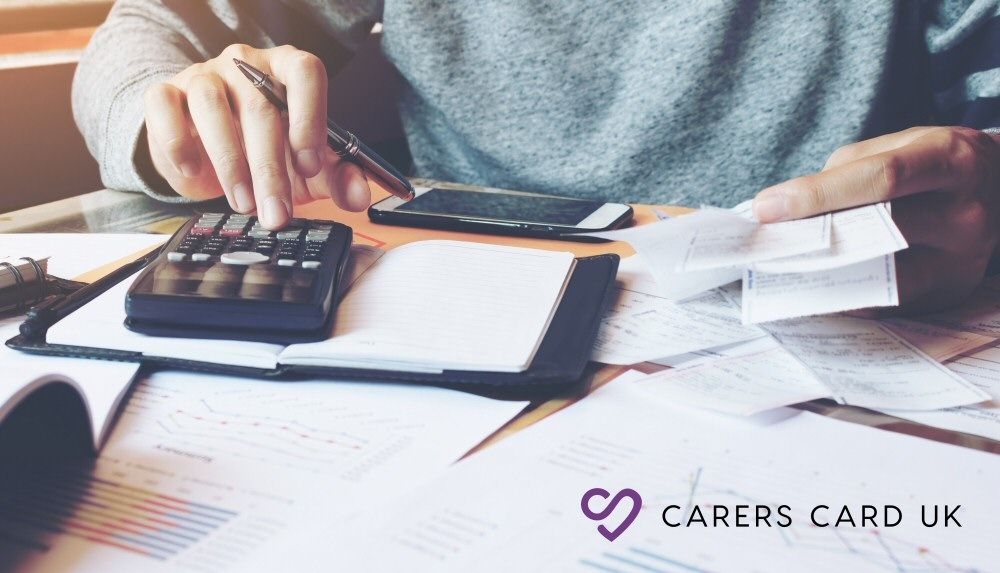1. Assess Your Financial Situation
Before making any decisions, take a clear and honest look at your financial situation. List your debts, including interest rates and minimum payments, and compare this to your income and expenses. Understanding the full picture will help you see where your money is going and identify areas where you can make adjustments.
Tip: Use a budgeting app or a simple spreadsheet to track your finances and monitor progress over time.
2. Understand the Cost of Debt
High-interest debt, such as credit cards or payday loans, can quickly spiral out of control. Paying these off as soon as possible should be a priority, as the interest accumulates faster than most savings accounts can grow. For lower-interest debts, such as a mortgage, you may have more flexibility in balancing repayments with savings.
Tip: Focus on paying off the debt with the highest interest rate first while continuing to make minimum payments on other debts (a method known as the avalanche approach).
3. Build an Emergency Fund
While tackling debt is crucial, it’s also important to have an emergency fund for unexpected expenses. Without savings, you may need to rely on credit again, creating a cycle of debt. Aim to save at least three to six months’ worth of essential living expenses as a safety net.
Tip: Start small by setting aside a small amount each month, even while paying off debt. A little saved regularly can add up over time.
4. Consider Your Financial Goals
Your long-term goals can influence whether you focus on saving or debt repayment. If you’re planning for a significant expense, such as a holiday or a home improvement project, it might be worth allocating some funds towards savings. On the other hand, paying off debts faster can free up income for future savings.
Tip: Set specific, measurable goals to help you stay motivated, whether it’s becoming debt-free or reaching a savings target.
5. Balance is Key
For many carers, the best approach may be finding a balance between saving and paying off debt. By allocating a portion of your income to both, you can make steady progress on debt repayment while building financial security. This strategy ensures you’re not left vulnerable to emergencies while reducing the long-term cost of interest on debts.
Tip: Adjust the balance depending on your priorities. For example, focus more on debt if the interest rate is high, or shift towards savings if your debts are manageable.
Summary and Key Takeaways
- Assess your financial situation to understand your debts, expenses, and income.
- Pay off high-interest debts as a priority to avoid excessive costs over time.
- Build an emergency fund to protect against unexpected expenses.
- Set clear financial goals to guide your decisions on saving and debt repayment.
- Find a balance that allows you to address both debts and savings based on your circumstances.
There’s no one-size-fits-all answer to whether it’s better to pay off debts or save money—it depends on your financial situation and goals. As a carer, making thoughtful decisions about your finances ensures a more secure future for you and those you care for. For more financial advice and resources, visit CarersCardUK.

